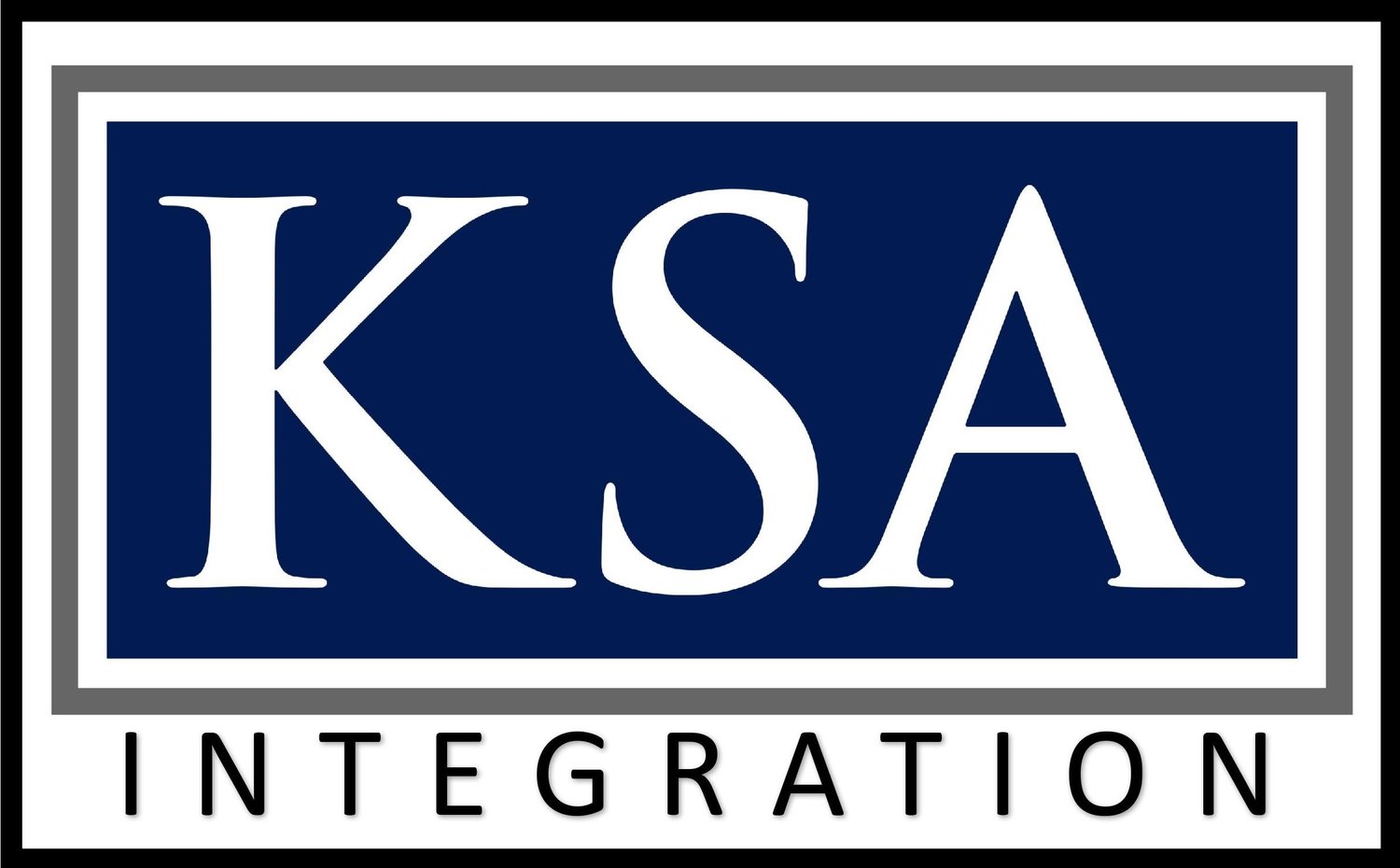What People Need from Leaders and Organizations
- December 29, 2013
- Posted by: k-admin
- Category: People

All of us need certain things from our working lives and the organizations in which we spend so much of our time. Work is very important. We spend years of our lives in our chosen work and it probably represents the greatest allocation of our total life span devoted to a single activity. Work sustains us and our families and makes possible the future success of succeeding generations. Our work should be a way for us to achieve a higher purpose in our lives, to create and excel, to challenge ourselves, to attain the apex of our chosen fields, to contribute to a greater good, to be recognized for all that we do, to feel good about ourselves and our work. In Maslow’s original hierarchy of needs, he used a five stage model divided into basic (or deficiency) needs (e.g. physiological, safety, love, and esteem) and growth needs (self-actualization). He said that one must satisfy lower level basic needs before progressing on to meet higher level growth needs. Once these needs have been reasonably satisfied, one may be able to reach the highest level called self-actualization.

Without embroiling the discussion in the details of Maslow’s work or subsequent thinking in this area, I submit that in our work places, careers, vocations, and employment, all of us want and need everything on the pyramid at the same time, and we want it all NOW. As people we are not satisfied with “good enough” for ourselves. We are constantly recognizing and striving for what’s better in our lives and work. From our work we want and need everything on Maslow’s pyramid; self actualization, self esteem, belonging, safety, and physiological requirements. These are necessities in our working lives if we are to live the lives we want. And we make little or no distinction between the levels in our work; we want it all NOW and getting it, or at least enough of each, is what motivates us to do better and fulfill our lives in meaningful ways. If we can do that, we will thrive in our professional lives and the effects on our performance will be remarkable, as will the effects on the organizations in which we work.
But what does the pyramid mean in practical terms in our working lives? What do we really want?
Many think of compensation at, or near, the top of our job satisfaction pyramid. However, in my experience compensation tends to be what I call a “dissatisfier”, in that it’s not usually a strong motivational element. But if not well managed can be the source of friction and discontent. Of course we must be compensated enough to provide safety and physiological needs. But once met, these needs quickly pass into the “background” of our daily lives. We don’t think much about them, unless they are taken away, increased/decreased, or changed in some way. They must be fair and adequate and are a cost of admitting talented people to the workplace. So, if compensated in a fair and adequate way, what really matters to us in the workplace? Here’s a list of basic needs I’ve observed throughout my career:
We want our leaders and colleagues to genuinely care about us, as employees and people.
We want to contribute to the mission and organization, and be seen to do so.
We want to create and grow as we contribute; we want that creativity to be absorbed and productively used by the organization.
We want to do the best work possible, to make us proud of ourselves and our products.
We want to be thanked.
We want our leaders to talk to and listen to us, to hear what we know and the things that we are trying to do to help.
We want to know what is going on in the organization, what our leaders are thinking, what they plan to do, how it affects us, the why of everything, and we want to know it in real time.
We want our leaders to spend time with us.
We want the organization and its leaders to help us do our jobs better.
We want empathy for our views and circumstances.
We want to use our time productively, doing things that help the organization.
We want to know where the organization and we are going, what are we accomplishing, for whom, why, in order to…..
We want to be recognized and praised.
We want good guidance.
We want to be held accountable.
We want to lead.
We want honest errors to be corrected and tolerated.
We want the support of leaders when we need it, personally and professionally. We want loyalty.
Looking at this list, it’s mostly all about us as employees, but that’s good. Great managers and leaders recognize this dynamic and create a professional environment to satisfy employee’s basic needs. Just as in Maslow’s hierarchy, once these basic needs are met, people will be able to achieve professional self-actualization. When these conditions are met, our organizations truly excel.
In my next posts, I’ll talk about each of the things we want and need.
I ask my readers to share their thoughts, concerns and observations.
Many thanks, Keith Stalder, #8
Copyright © 2013 Keith Stalder & Associates, LLC. All rights reserved.
